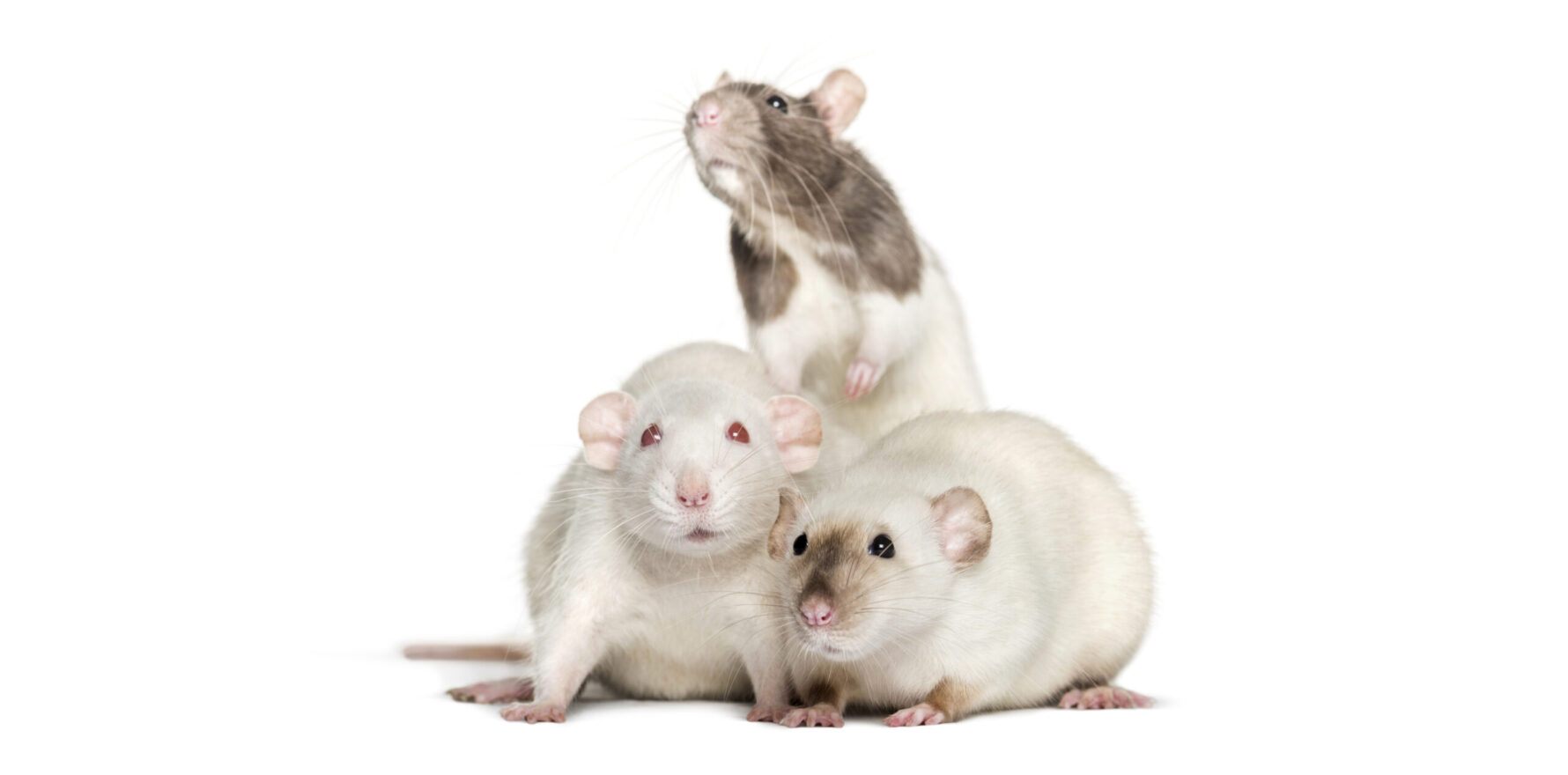Patients over 60 should be able to access the vaccine on private prescription before winter.
Australia’s first RSV vaccine to be approved by the TGA will be available in time for the winter vaccine season, says GlaxoSmithKline.
The TGA decision has been welcomed by GSK and Australian infectious diseases and immunisation experts as a boon for public health.
A GSK spokesperson was unable to give The Medical Republic a more concrete date for supply but said they were working to have the vaccine, known as Arexvy, available as soon as possible.
“Arexvy will soon be made available nationally, on private prescription,” she said.
“GSK look forward to working with the relevant stakeholders to provide equitable access for eligible patients. GSK is working to ensure national distribution of the vaccine across the country.
“The vaccine will be administered by healthcare professionals, and be available on private prescription, in various locations, such as clinics, general practices, and health centres.
“We have invested significantly in manufacturing capacity to be ready to deliver for eligible older adults, and, based on current estimates of supply and demand, we expect to be able to meet anticipated demand.”
Arexvy was approved this week by the Therapeutic Goods Administration for Australians aged 60 years and over to protect against lower airway infection caused by RSV.
RSV infection typically peaks during the winter season in temperate climates in Australia and in some cases can cause serious health complications in older adults, including pneumonia, respiratory failure and death. Infants, young children and people with chronic health conditions are also at higher risk of complications from the virus.
Arexvy has already been approved for use in the UK, the European Union, the US, Canada and Japan. The protein-based vaccine contains an antigen component and an adjuvant system and is given as a single dose intramuscularly.
Related
It has been approved in Australia for use through private prescription. A price for the vaccine has not yet been released.
However, the GSK spokesperson told TMR the company was planning to make application to have the vaccine listed on the National Immunisation Program.
She also said that while the initial focus for the vaccine provision was older people, the company did not rule out more vaccines for other age groups in the future. The need for revaccination has also not been yet established, she said.
“We’re definitely committed to addressing the burden of RSV,” she said.
Infectious diseases expert Professor Robert Booy, of the University of Sydney Clinical School and Children’s Hospital at Westmead, said RSV infection could have “significant impact on the health of older adults including those with existing medical conditions, which can add pressure onto our healthcare system”.
“Most people view RSV as an illness that mainly affects children, and its impact on older adults, especially for those with underlying medical conditions, has fallen under the radar,” he said.
“Until now, RSV did not have a vaccine or specific treatment for older adults – this is a real step forward for public health and a turning point in our effort to reduce the impact of RSV.”
Catherine Hughes, founding director of the Immunisation Foundation of Australia, said RSV was a challenging respiratory disease that deserved more attention and awareness in Australia.
“Supporting community immunisation is the founding principle of our organisation – so having a new vaccine is welcomed,” she said.
RSV cases were only officially counted in Australia from 2021, so there are still gaps in fully understanding the virus’s impact on the general population. The virus is predominantly spread by inhaling airborne droplets from those with the infection, or through contact with contaminated surfaces, making it easy to spread rapidly within households and places like residential aged care facilities.
RSV infections typically peak during autumn and winter in temperate climates in Australia, however cases are recorded throughout the year.
Latest data from the National Notifiable Disease Surveillance System, shows there have already been 2170 cases of RSV in Australia this year (as of 17 January). The bulk of cases have been in NSW (1017), Queensland (584) and Victoria (298).
In 2023 there were a total of 127,838 notifications of RSV in Australia, with the bulk in NSW (46,519), followed by Queensland (28,580), Victoria (25,182), South Australia (12,171), Western Australia (10,538), Tasmania (2147), the ACT (2002) and the Northern Territory (599).
Dr Alan Paul, Executive Country Medical Director, GSK Australia, said the availability of an RSV vaccine for adults aged 60 and over was the result of collaboration across academia, industry, and research centres.
“I am excited to see this innovation now become available for older adults in Australia, including those with underlying health conditions, who carry a substantial burden of disease with RSV infection,” he said.
The TGA registration of Arexvy is based on the results of GSK’s international phase III clinical trial, which compared the vaccine with placebo in almost 25,000 people aged 60 years or older. Results were published last year in the New England Journal of Medicine.
In the trial, Arexvy met its primary endpoint when compared with placebo, showing 82.6% overall efficacy against RSV-LRTD in patients 60 years and over. Additionally, in patients 60 years and over, Arexvy indicated 94.6% efficacy against RSV-LRTD in patients with at least one underlying medical condition of interest, such as certain cardiorespiratory and endocrine-metabolic conditions.





